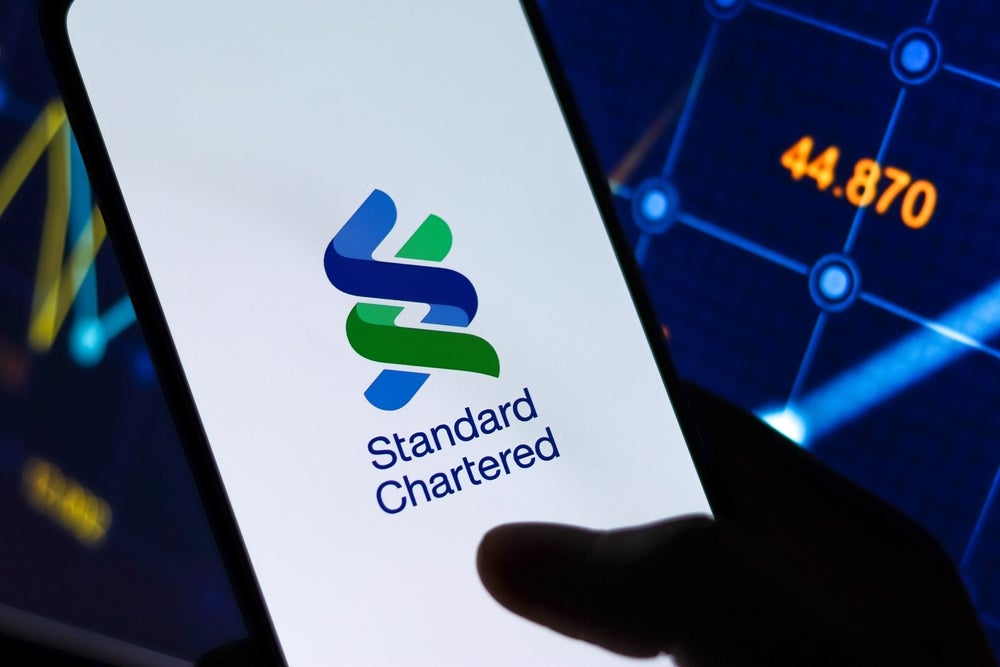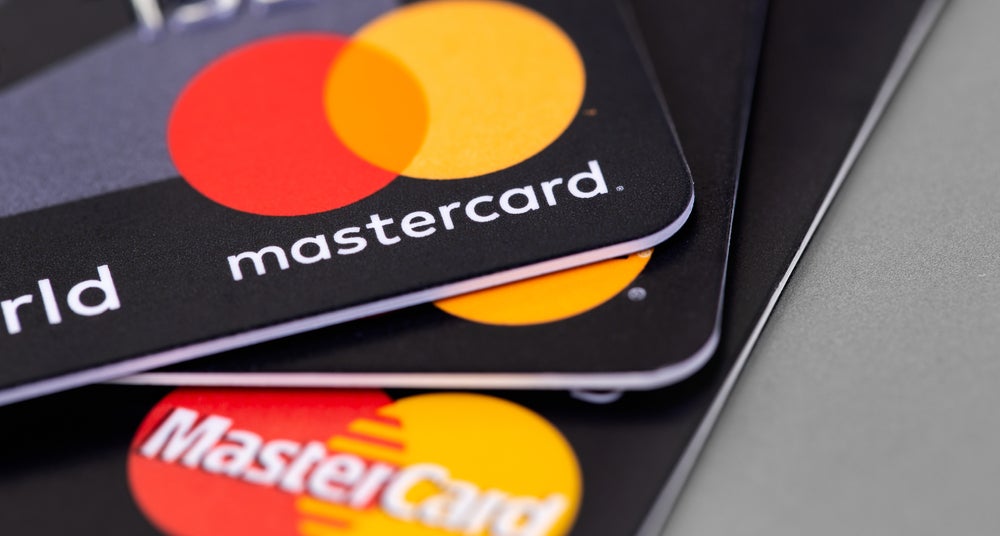Visa has introduced a new specification, which enables use of palm, voice, iris, or facial biometrics with chip card transactions.
Touted as the first-of-its-kind, the new technology framework complies with the EMV chip industry standard to enable open, globally interoperable solutions.
The technology allows fingerprints to be securely accepted by a biometric reader, encrypted, and then validated.
It also supports match-on-card authentication, which allows biometric to be validated by the EMV chip card without being exposed or stored in central databases.
In addition, issuers have the option to validate the biometric data within their secure systems for transactions within their own environments, including their own ATMs.
How well do you really know your competitors?
Access the most comprehensive Company Profiles on the market, powered by GlobalData. Save hours of research. Gain competitive edge.

Thank you!
Your download email will arrive shortly
Not ready to buy yet? Download a free sample
We are confident about the unique quality of our Company Profiles. However, we want you to make the most beneficial decision for your business, so we offer a free sample that you can download by submitting the below form
By GlobalDataThe technology can be seamlessly integrated with biometric cardholder verification as it incorporates the EMV chip standard.
South Africa’s Absa Bank, the wholly-owned subsidiary of Barclays Africa Group, will be the first to trial this technology, later this year.
In order to complete transactions, cardholders have to use fingerprint readers at select Absa-owned ATMs in lieu of a PIN.
Visa also plans to contribute the technology to EMVCo, which is the global technical body managing EMV Specifications, in a bid to further develop and administer the standard for benefitting the payment industry.
Visa senior vice president of risk products and business intelligence Mark Nelsen said: "There is increasing demand for biometrics as a more convenient and secure alternative to signatures or PINs, especially as biometrics technologies have become more reliable and available.
"However, to support wide adoption, it is equally important that solutions are scalable and based on open standards. Building on the EMV chip standard provides a common, interoperable foundation, as well as encourages innovation in cutting-edge biometric solutions."







